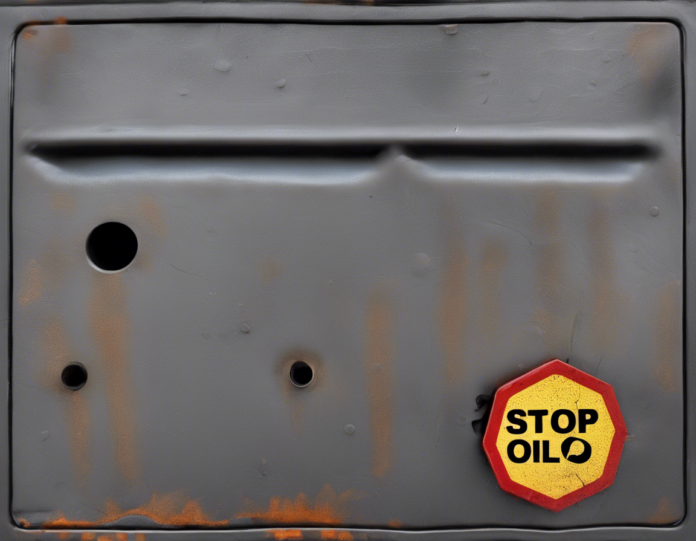Introduction
Oil leaks in vehicles can be a common issue that, if left unaddressed, can lead to significant mechanical problems and costly repairs. Preventing oil leaks is crucial in maintaining the longevity and performance of your vehicle. In this article, we will discuss essential tips to prevent oil leaks and keep your vehicle running smoothly.
Understanding Oil Leaks
Before diving into prevention tips, it’s essential to understand what causes oil leaks in the first place. Oil leaks can occur due to a variety of reasons, including:
-
Worn Gaskets and Seals: Over time, the gaskets and seals in your vehicle’s engine can deteriorate, leading to oil leaks.
-
Loose or Damaged Oil Pan: A loose or damaged oil pan can result in oil seepage.
-
High Oil Pressure: Excessive oil pressure can cause gaskets to fail and leaks to occur.
-
Improper Maintenance: Neglecting regular oil changes and maintenance can contribute to oil leaks.
Tips to Prevent Oil Leaks
-
Regular Maintenance: Scheduled oil changes and routine maintenance are essential in preventing oil leaks. Ensure that the oil levels are checked regularly and that the oil is changed as per the manufacturer’s recommendations.
-
Inspect Gaskets and Seals: Periodically inspect the gaskets and seals in your vehicle’s engine for any signs of wear or damage. Replace any worn-out gaskets or seals to prevent leaks.
-
Check Oil Pan: Inspect the oil pan for any dents, cracks, or signs of damage. Ensure that the oil pan is securely attached to the engine to prevent leaks.
-
Monitor Oil Pressure: Keep an eye on the oil pressure gauge in your vehicle. If you notice any irregularities in oil pressure, have it checked by a professional to prevent potential leaks.
-
Use High-Quality Oil: Opt for high-quality engine oil that meets the specifications recommended by the vehicle manufacturer. Quality oil can help maintain the engine seals and prevent leaks.
-
Avoid Overfilling: Overfilling the engine with oil can lead to excessive pressure and cause leaks. Follow the recommended oil levels specified in the owner’s manual.
-
Maintain Proper Driving Habits: Avoid aggressive driving behaviors, as they can put unnecessary strain on the engine and potentially lead to oil leaks.
-
Address Leaks Promptly: If you notice any signs of oil leaks, such as oil spots under your vehicle or a burning oil smell, address them promptly to prevent further damage.
Frequently Asked Questions (FAQs)
- How do I know if my vehicle has an oil leak?
-
Look for oil spots under your vehicle when parked, a burning oil smell, or a drop in oil levels on the dipstick.
-
Can I drive with an oil leak?
-
It is not recommended to drive with an oil leak, as it can lead to extensive engine damage. It’s best to address the issue immediately.
-
What should I do if I suspect an oil leak?
-
Take your vehicle to a certified mechanic to diagnose and repair the leak promptly.
-
Are oil leaks common in older vehicles?
-
Yes, older vehicles are more prone to oil leaks due to worn-out gaskets and seals. Regular maintenance is crucial for preventing leaks.
-
Can changing the oil prevent leaks?
- Regular oil changes are essential for maintaining the health of your engine and preventing leaks by ensuring proper lubrication and seal conditioning.
Conclusion
Preventing oil leaks is crucial for maintaining the performance and longevity of your vehicle. By following the essential tips outlined in this article and staying proactive in addressing any signs of leaks, you can help keep your vehicle running smoothly and avoid costly repairs down the line. Remember that regular maintenance and proper driving habits are key to preventing oil leaks and ensuring the health of your engine.


Recent comments